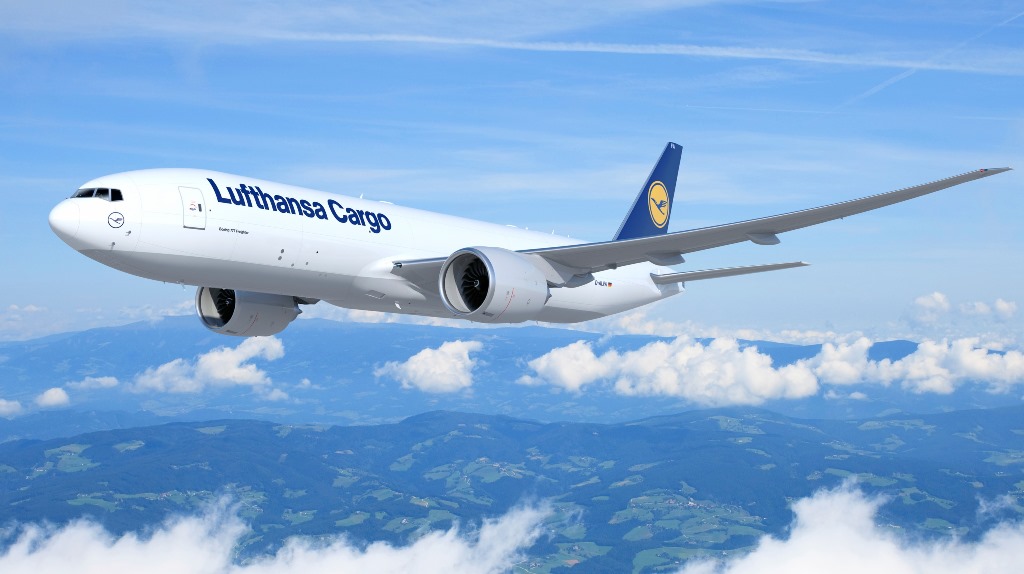Lufthansa Cargo and DB Schenker look to cut carbon
18 / 10 / 2016

An environmental partnership between Lufthansa Cargo and DB Schenker has helped the two companies reduce their carbon dioxide output by around 10,000 tonnes over the first five years of the tie up.
Following the success of the first five years, the two companies said they are hoping to reduce their carbon output by a further 10,000 tonnes by 2020.
Lufthansa Cargo head of environmental management Bettina Jansen said the airline’s mixed freighter fleet only needs 1.89 litres of fuel on average to transport 100kg a distance of 100km.
“We are putting in an enormous effort to continuously reduce our fleet’s fuel consumption,” she said.
“Our five new Boeing 777Fs are the most efficient freighters in their class. In addition to this, we are using particularly lightweight containers, polishing even our engine blades for maximum efficiency and driving the digitisation of air cargo documents together with our partners.
“We are a forerunner in many areas and innovations will facilitate even further reductions in weight and consumption.”
Andrea Dorothea Schön, who is responsible for climate protection and CO2 controlling at DB Schenker, added: “As a logistics service provider, we bear a particular responsibility when it comes to planning and implementing our emissions-intensive transports.
“Some 40% of all direct and indirect CO2 emissions at DB Schenker result from air cargo. Therefore, it was and is important to us that we engage in environmental protection together with Lufthansa Cargo and achieve our climate protection goals.”
This tie-up is not the only agreement to reduce aviation emissions announced over the last few weeks. At the start of this month, The 191 member states of the International Civil Aviation Organisation (ICAO) agreed on a new measure to control CO2 emissions from international aviation.
The Carbon Offsetting and Reduction Scheme for International Aviation (CORSIA), hammered out at the UN aviation agency’s assembly in Montreal, will complement mitigation measures the industry is already pursuing to reduce emissions such as technical and operational improvements and use of sustainable alternative fuels.














